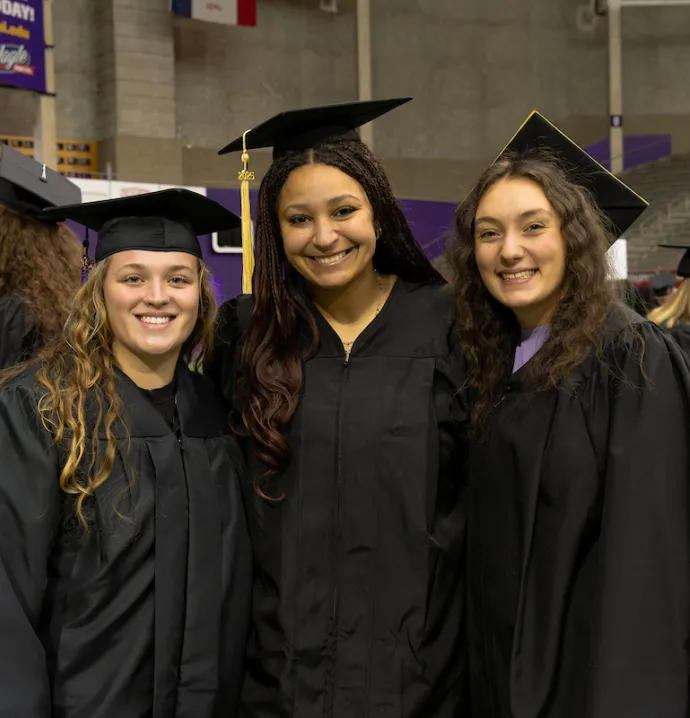Does your level of education impact your political views?
Does your level of education impact your political views?
The Pew Research Center recently published a report indicating that a clear majority of Republicans and Republican-leaning independents (let's call them conservatives) believe that U.S. colleges and universities have a negative effect on the country. On the other hand, nearly three-quarters of Democrats and Democratic-leaning independents (we'll call them liberals) say institutions of higher learning have a positive effect. Several news commentators have "explained" these views by pointing to the clear majority of liberal faculty on our campuses-liberal faculty biases lead to constricted, incorrect, or inappropriate teaching, in-turn causing ill effects on the country at large.
Conservatives are absolutely correct in pointing out the preponderance of liberal faculty at colleges and universities. The Washington Post reports the liberal to conservative faculty ratio at 5:1. The Washington Times pegs it at 12:1. So far, so good. The fallacy in this logic comes in the next step, in which conservatives claim there is a liberal bias on campus, discriminating against conservative faculty members.
Any first-term statistics student knows the mantra, "correlation does not indicate causation." The fact that A (political views) and B (employment as college faculty) fluctuate together (or inversely) is not the same as A causes B. The evidence provided cannot support the conclusion that a lack of conservative faculty is indicative of discrimination.
In this example, B (small percentages of conservative faculty employed) is clearly true, based on numerous surveys. The question we have to answer, based on conservatives' concerns, is B caused by A? It is certainly possible-humans do, in fact, discriminate based on a number of biases.
But, what if…B results from an entirely different cause? Aside from the medical field, the academic requirements for teaching at the college and university level is arguably the profession requiring the most formal education. Counting K-12, undergraduate, masters, and Ph.D., most faculty members have some 23-25 years of classroom experience. What if…the level of education required to become a college teacher leads to liberal political views, therefore making the pool of potential faculty members skewed liberal? What if Ph.D.s learn things that emphasize the need for care and fairness, versus liberty, loyalty, authority, and sanctity (Jonathan Haidt)? Would this indicate that the more educated one becomes, the more likely she is to have liberal views?
Although the ratios of liberal to conservative faculty mentioned above clearly favor liberals overall, it is also instructive to look at data on a more granular level. According to a study published in Critical Review, liberal to conservative ratios vary greatly among departments; from 44:1 in sociology to 6.5:1 in political science, to 0.5:1 in finance. Out of 42 departments surveyed, 39 had more liberals than conservatives. Only general business, finance, and military science were equal or had more conservatives. The departments tend to range from higher ratios in the humanities, arts, social and hard sciences to lower ratios in engineering, business, and military sciences.
As a college professor, I am vitally concerned with the effect of what I (and my colleagues) do in the classroom-on my current students and the world in general. The Heterodox Academy, a politically diverse group of scholars, was formed to combat "the loss or lack of 'viewpoint diversity.' When nearly everyone in a field shares the same political orientation, certain ideas become orthodoxy, dissent is discouraged, and errors can go unchallenged." Although I seriously doubt the view that the lack of conservative faculty on campus is a result of discrimination, I am also concerned with the dangers of orthodoxy. For me, the most important element of higher education is developing the ability to question conventional wisdom and think critically. As one of my favorite books suggests, faculty members of any stripe should strive to teach "Ethics [or any other subject] Without Indoctrination" (Richard W. Paul, Educational Leadership, 1988).
The views and opinions expressed are those of the author and do not imply endorsement by the College of Business or the University of Northern Iowa.




